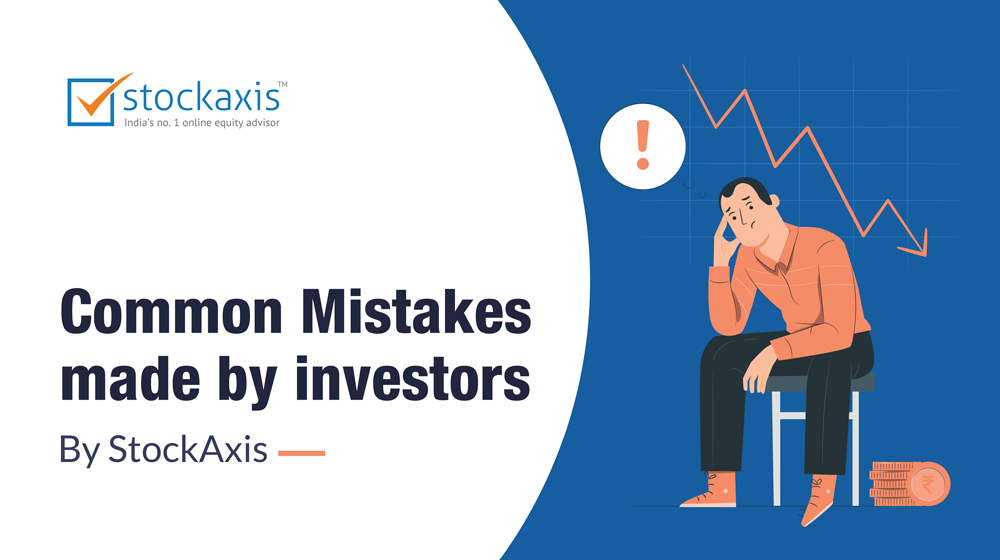Check the Industry Group
4.1 - The Strongest Industries Often Produce the Best Stocks
Research shows that one of the key reasons for a stock to move up is due to the strength of the industry it belongs to. This means tracking the performance of industry groups is important. In this lesson, you'll learn how to do this plus identify stocks in the most attractive industry groups.
Most rising stocks belong to leading industries. Investing in the right industry group is almost as important as investing in the right company. View the top 10 industry groups on www.stockaxis.com.
Economic conditions and trends, in large part, determine which industries and sectors rise to lead the market. Each new market cycle is led by certain industries. In the late 1990s, for example, telecommunications and Internet-related industries were the leaders. Through much of 1993, generic-drug makers led the market by offering less expensive medications to a cost-weary pharmaceutical market. In the market cycle of 2004, construction and realty related industries led the market. The later part of the 2003 – 2007 boom saw infrastructure companies do extremely well. The period 2009 to 2015 saw the revival of IT and pharma industries, both of which are export oriented. The last couple of years have seen consumer and NBFC sectors out-performing the markets. Companies in the top-performing industries usually enjoy strong demand for their products and services that can drive up their stock's price.
4.2 - Some of the Leading Industries in History
Here are a few examples of historically successful industries and the factors that propelled them to the top. As you can see, economic conditions and trends can play a huge role in determining which industries lead the market.
| Industry | Fundamental Factors |
|---|---|
| Biotechnology | Breakthroughs in gene research |
| Wireless | Growth of "anytime, anywhere" communication technology, such as |
| Internet Infrastructure | Demand for high-speed connections. |
| Renewable Energy | Rise in crude oil and technology breakthroughs in renewable energy |
4.3 - Watch For A "Follow-On" Effect
Sometimes, a major development happens in one industry and related industries later reap follow-on benefits. For example, in the late 1960s in America the airline industry underwent a renaissance with the introduction of jet airplanes. The increase in air travel a few years later spilled over to the hotel industry, which was more than happy to expand to meet the rising number of travelers.
But some industries and individual stocks don't ride the leaders' coattails. Don't assume that just because it's the rainy season umbrella manufacturers will suddenly surge. You must still look for quality companies capable of producing healthy earnings, sales, resulting from exceptional products and services.
4.4 - Check Industry Performance
You don't have to scan every single stock to find out which industries are leading the market. Each day, stockaxis.com's top industry groups, found in the Market Analysis section, lists the top 5 industry group out of over 250 different industry groups by analyzing the price performance of all stocks in each group over the latest six months. This is a realistic period in which to observe market trends.
Why over 250 industry groups? Because the Indian economy is fragmented, and industries tend to spawn related businesses that become industries in their own right. Take the computer sector, for instance. It's not just PC makers. There's also Computer-Graphics, Computer-Education, Computer-Hardware, Computer-Peripheral Equipment, Computer-Services, and Computer-Software, which itself is divided into large, medium and small enterprises. More specific industry classifications make it easier to pinpoint specific areas leading or falling behind.
4.5 - Industry Sectors: Another Great Way To Analyze Markets
Reading sector movements helps judge the overall market because different sectors perk up at different stages of the business cycle. For example, the defensive sector (This sector includes supermarket chains, utilities, etc., which are sometimes viewed as havens during market slumps. People don't change their spending much in such industries even when times are tough.) rises during times of economic weakness or when investors think the economy is headed down. The high-technology sector has been strong during expansion phases.
4.6 - Companies Making New Price Highs
Look for sectors showing the most stocks making new price highs.
Another excellent way to spot market leadership is to look at stocks making new 52-week price highs. Look for sectors showing the most stocks making new price highs. These are usually the leading market sectors.
4.7 - Key Points To Remember
- Much of a stock's move is due to the strength of its industry. You want to own stocks in industries that are displaying strength and market leadership.
- Different industries move to market leadership as economic conditions and consumer trends change. You can identify the new leaders by watching the top five industry sectors with stocks making the most new price highs.













